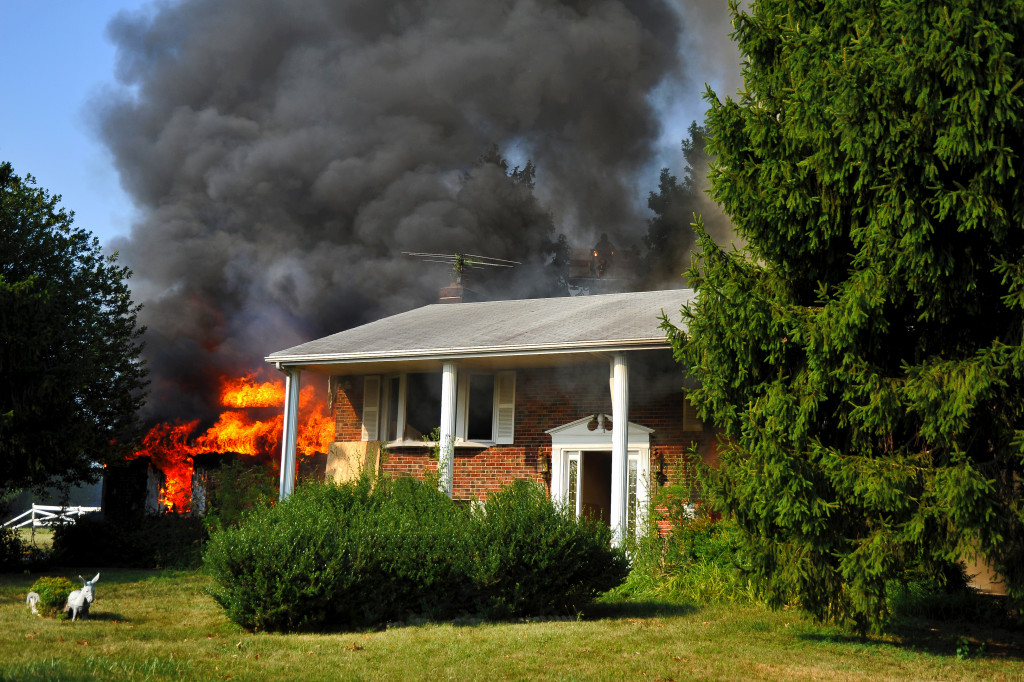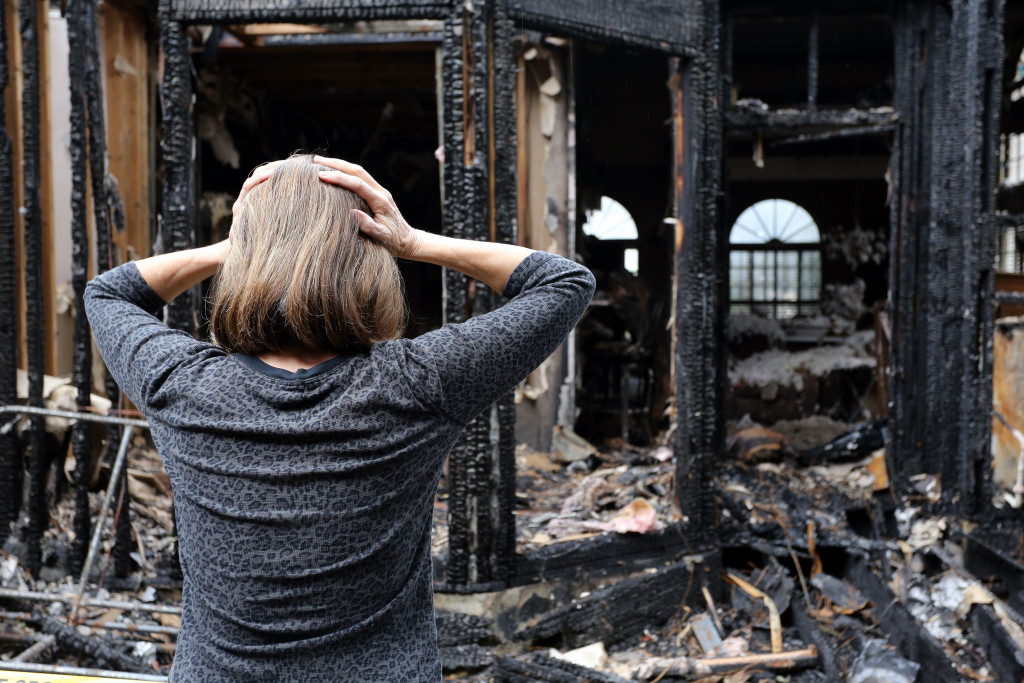Fire can quickly spread in just a few minutes. Emergencies like this can put you and your family in a life-threatening situation, so quick action is needed to ensure your safety. Here are the things you need to know about fire disasters and what to do during and after a fire:
Facts About Fires
- Fires move fast! A small fire can turn into a huge one that can take over the whole residence in less than a minute. It won’t take long before flames, and black smoke fills a house, so it’s vital to act fast.
- Fire is hot. While most of us know that fire is hot, not everyone knows how threatening heat can be. A room on fire can reach 100 to 600 degrees. Hot enough to harm your lungs and melt your skin.
- Fire causes darkness. In the beginning, fire can be bright, but it also quickly produces black smoke that makes everything dark.
- Fire is life-threatening. Even though fire doesn’t directly touch your skin, the gas and toxins it produces are fatal enough to take a life.
Planning
It’s always better to have a solid plan in case of emergencies. You’ll never know when disastrous events will take place, so knowing what to do and where to go plays a crucial role in saving your life.
Remember that your loved ones’ lives are at stake in case of a fire breakout. Create an escape plan in case of a fire emergency. Practice what to do with your family. Encourage them to participate as if there’s a real fire in your home. There is only one task for everyone: to get out as fast as they can. Here are some planning tips you can follow:
- Find two other fire exits in case the main door is blocked by fire.
- Make sure that windows can be easily opened from the inside and security bars are not stuck.
- Close all lights when you’re practicing your escape plan.
- Include children in practicing escape plans and teach them to trust firefighters.
- Take note of phone numbers to call: emergency hotline, local fire department, and healthcare services.
- If possible, learn how to do first aid, or better yet, get a legitimate EMT certification.

Preparing your Home
Your chances of survival significantly increase with a reliable smoke alarm. Make sure that your smoke alarm works properly by:
- replacing batteries every six months
- installing smoke alarms in all home levels
- replacing your entire smoke alarm unit after ten years
Additionally, some people disable their smoke alarms while cooking. Disabling smoke alarms is a common mistake that can lead to horrendous consequences. Your fire alarm must always be active as it might be the only thing that could save you and your family from deadly fires.
During a Fire
Here’s what you need to do during a fire:
- Crawl your way out to avoid the hazardous gas and toxins produced by the fire.
- Once you reach the door, check if the doorknob is too hot to touch. If it is, find another way out.
- After opening a door, close it quickly, especially if there’s a heavy fire behind you.
- If the situation is risky, do not attempt to save anyone. Get out of the house and inform firefighters of the person’s location.
- Do not forget about your pets. Tell the firefighters where they are located so they can be saved too.
- If you can’t get out, close the door and cover all vents with a cloth to keep smoke from entering the room. Call the emergency hotline and tell where you are.
- Cover yourself with a wet blanket on your way out.
After the Disaster
Losing your valuables can be a very painful experience. But if your whole family got out safely, that’s one thing to celebrate. At this point, you’ll have to make some calls to recover quickly. Here’s a checklist of what you need to do after a fire:
- Contact a local disaster relief provider. They can provide temporary housing, clothes, food, and medicines.
- Call your home insurance provider. You will also need to conduct an inventory and work with fire damage companies.
- Ask the fire department for assistance if you need to enter your home.
- Conduct an inventory of damaged items. Do not throw away anything for verification purposes.
- Keep all the receipts of your expenses after the fire. Your insurance company might require them as well.
- Don’t forget to inform your mortgage company about the incident.
The good news is that home fires are preventable. You must take preventive measures such as proper use of home appliances, keeping an eye on food while cooking, and replacing damaged appliance cords. Always remember that a fire can harm your family, so investing well in preventive measures are worth it.
